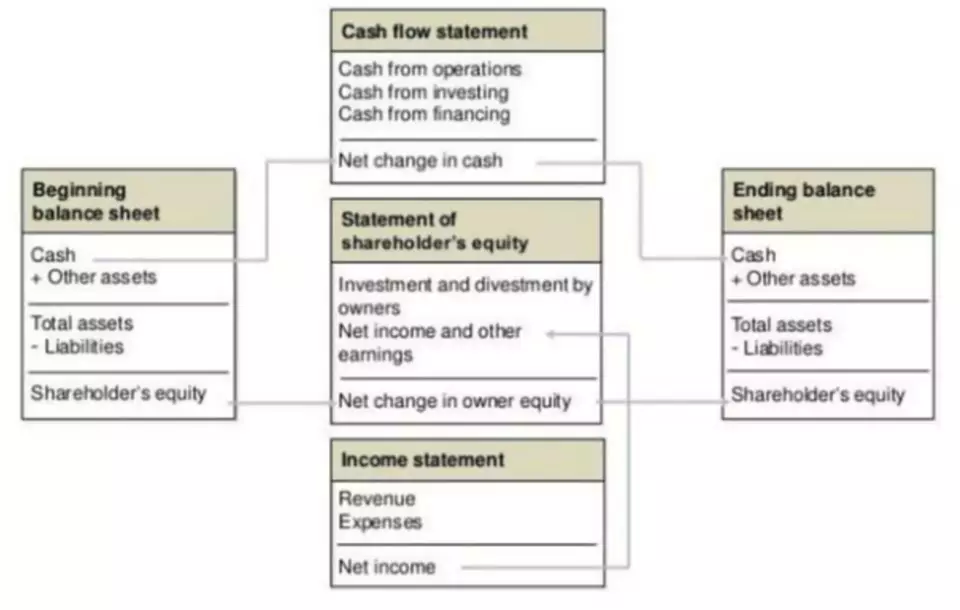Blog Post
Megalith Asset Management is the world’s most popular way to buy and sell bitcoin, ethereum, and litecoin
Content

If there is a large sum of money involved or held for a long time, an attorney can hold the client’s funds in an individual account, known as a Client Trust Account, and the interest earned will go to the client. Proper management of a lawyer’s IOLTA (also commonly referred to as a “trust account”) is highly regulated by each respective state bar. It is incumbent on the owner of a law firm to undertake adequate training for the responsibilities of managing an IOLTA client property trust account. Effective management of client property trust account is required for compliance with bar rules and the efficient and profitable operation of the law firm. States typically require MCLE providers to be accredited by the state’s court system. Means an account where a licensed professional or other individual serving in a fiduciary capacity holds funds for the benefit of a client or principal as part of a transaction or business relationship. Examples of such accounts include, but are not limited to, real estate escrow accounts and prepaid funeral accounts.
- These consultants usually have experience dealing with IOLTA, and rules in most states don’t require them to report ethics violations to the bar.
- While this is indeed much stricter, it appears to allow for up front fees if the company is bonded and uses a trust account.
- Originating in Canada and Australia in the 1960s, interest on lawyers trust account programs made their first appearance in the United States in Florida in 1981.
- IOLTA programs were first established in Australia and Canada in the late 1960s to generate funds for legal services to the poor and other charitable purposes.
- Please do not enter any confidential information on our site until you upgrade your browser to its latest version.
- We are prepared to forward to you immediately our trust account cheque for the same amount.
In addition, the State Bar provides education to lawyers and legal paraprofessionals about IOLTA accounts and the Foundation works with financial institutions to make sure they understand the process. It is a place to hold client funds before the iolta account attorney actually earns them. When you earn it, you can transfer the money from the IOLTA to your operating account. Your operating account is used for your own business use and can be used to pay anything from office supplies to salary to rent.
IOTA Rule
As was the case prior to IOLTA, lawyers must exercise their discretion in determining whether a given client’s trust deposit is of sufficient size or will be held for sufficient duration to justify the cost of being individually invested for a client. Only trust funds that are nominal or short term must be deposited into an IOTA account. The Florida bar member must certify annually, in writing, that the bar member is in compliance with, or is exempt from, the provisions of this rule.

Mismanagement of an IOLTA account is one of the most common ethical violations committed by lawyers. While every jurisdiction has its own rules that practicing lawyers should know and abide by, there are eight rules that exist in practically every locale. When to use the IOLTA account as opposed to an individual client trust account is left to the attorney’s best judgment.
What is an IOLTA Account & 5 Mistakes to Avoid
In the United States, lawyers are allowed to place client funds in interest-bearing lawyer trust accounts. In the 1980s, the Interest on Lawyer Trust Accounts program was first established in the U.S. Nowadays, all 50 states and the District of Columbia have IOLTA programs. In states with mandatory IOLTA participants, the lawyer must place client funds into a trust account and cannot withdraw the money until they have earned the fee. “IOTA account” means an interest or dividend-bearing trust account benefiting The Florida Bar Foundation established in an eligible institution for the deposit of nominal or short-term funds of clients or third persons. Lawyers and legal paraprofessionals must comply with Supreme Court rules relating to their conduct, including how they manage their IOLTA accounts.

Let’s say that one day you discover a small shortfall in your IOLTA account, and you can’t account for how it got there. Whatever the reason, borrowing from an IOLTA account carries stiff penalties, and is one of the most common ways to get disbarred. AccountDebitsCreditsTrust Bank Account $5,000.00Client Trust Liability $5,000.00Let’s say on that same day, your firm completes four hours of work on Doris’ file, at a rate of $100/hr. That means your firm can withdraw $400 from Doris’ IOLTA account and transfer it into your firm’s business account. In some instances the provincial legislation and/or regulations which direct the foundations also prescribe specific funding formulas which are applied to the five mandates.
Interest on Lawyers Trust Account
Explicitly, IOLTA applies only to funds that are “nominal in amount or held for a short period of time”. So larger amounts of money held for single clients are exempt from the IOLTA program. That means, typically, that client funds eligible for IOLTA involve small amounts of money held for a long time, or significant amounts of money held for a short time.
- Pass-through coverage will only be available if the recordkeeping requirements of § 745.2 of this part and the relationship disclosure requirements of § 745.2 of this part are satisfied.
- However, you do need to ensure that you’re sending your client a bill on a regular basis and withdraw the funds at the end of each period.
- And you should be able to supply accurate and up to date records for all of your trust accounts—not just IOLTA—to the state bar upon request.
- For most attorneys, it is a non-IOLTA trust account used for an individual client with a large balance held, such as payments for personal injury.